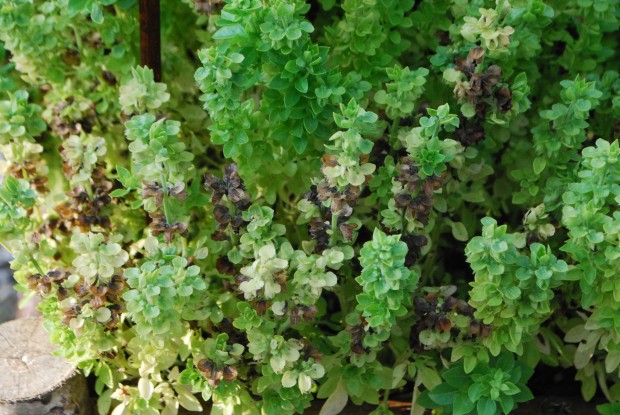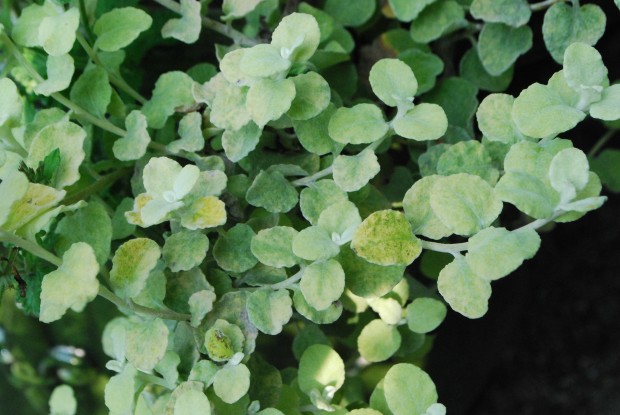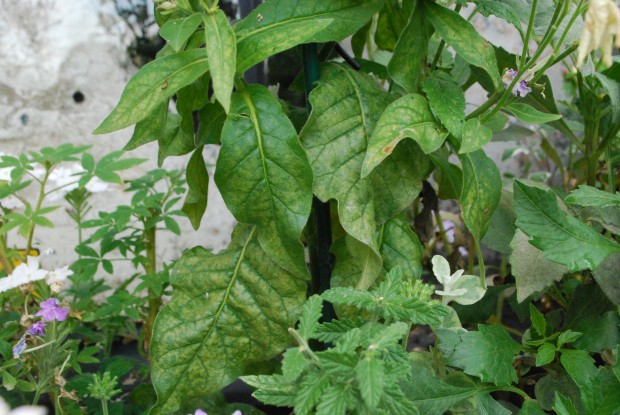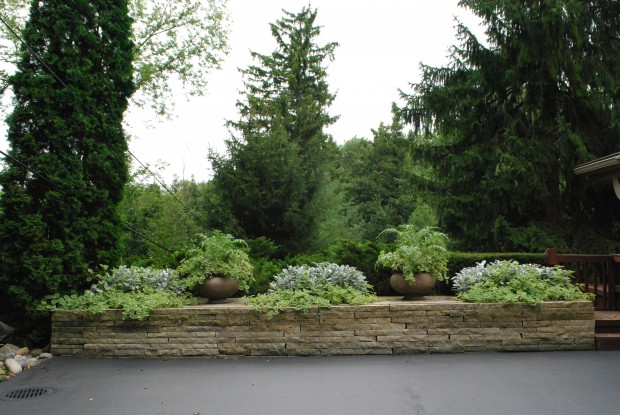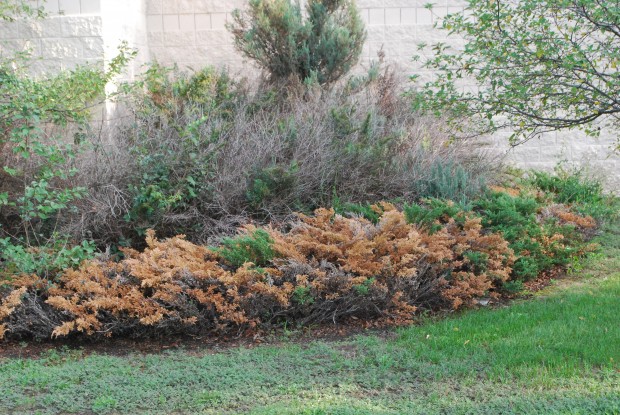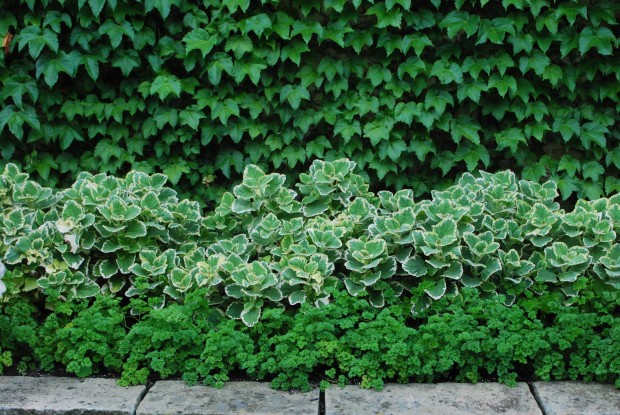My garden is beginning to get that weary look. Late August, there are usually subtle signs of the garden winding down. Evergreens in my zone routinely slow down and eventually quit growing in August. They take a long time, preparing for the dormant winter season. This year, the extreme heat and drought have taken a special toll. The landscape has taken on a yellow cast.
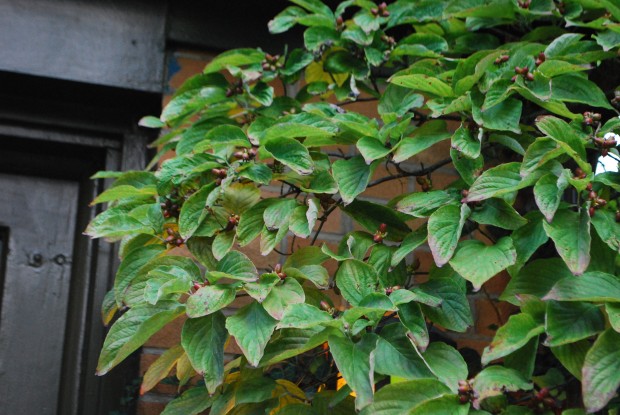
Lindens lacking water-yellow interior leaves are a sure sign. Many trees will shed leaves in an effort to reduce the individual leaf demand for water when water is at a premium. But lots of the late summer yellow am seeing now is from overwater. No amount of water mitigates the effects of heat. The plants that thrive in my zone would not necessarily be so happy in Georgia-but Georgia summer weather is what we have had. My dogwoods resent the heat. The curled and droopy leaves say so. My plants can tolerate a lot, but extended and high heat exhausts them. More water does not help. Too much water can make for too much trouble.
People cool off under the hose, in the fountain, or in the pool. Not so the plants. Yesterday I saw a landscape that was so overwatered during our heat that I fear for the lives of the plants. The roots of the trees and shrubs are gasping for air. Too much water rots roots. Once roots rot, a plant cannot take up the nutrients and water it needs. The road is washed out. The trees in this landscape-I could shake them; they rocked back and forth. The trunk of a tree that is firmly rooted will not move, if you shake it. If the trunk of a tree moves when you push on it, the roots may be compromised.
I will say again that water does not change the fact of very high heat. I do understand what it is to agonize over a situation, and be determined to intervene. Some intervention works. Other intervention compounds the misery. The fact of the matter is that plants are highly adaptable. They have built in mechanisms to deal with terrible conditions. Sometimes the best thing to do is sit on the sidelines, and wring your hands. There are those times when doing nothing is the best thing you could do.
I have seen some gardens that had too little water when they needed it, and now too much water. Belated compensation only adds insult to injury. We pulled out a pair of crispy leaved shrubs yesterday whose roots had rotted and completely decomposed from an onslaught of over water, after the damage from the drought had already been done. The smell of these rooted roots-strong. The impulse to be better late than never applies to birthdays, wedding gifts, vacations, thank you notes, revelations, mammograms, contributions and electric bills, but not so much to water. This planting has been overwatered, but we caught it in time.
The ability to water properly is a skill. Those gardeners who have irrigation systems should know that a mechanical system is nothing more than that-a system. The irrigation box is a mechanism fueled by electricity. A gardener is a person who knows when and how much to water. A gardener who handwaters as needed-a great gardener. A gardener flips the switch when the switch needs to be flipped-an equally great gardener who has figured out how to reduce their maintenance. This landscape-right next door to the shop-has not, to my knowledge, been watered for the past 3 or 4 years. What it would cost to turn on the irrigation system is but a fraction of what it will cost to replace the entire landscape.
Proper watering. It can help you cover a lot of ground.
